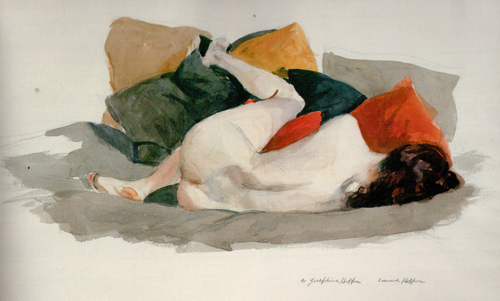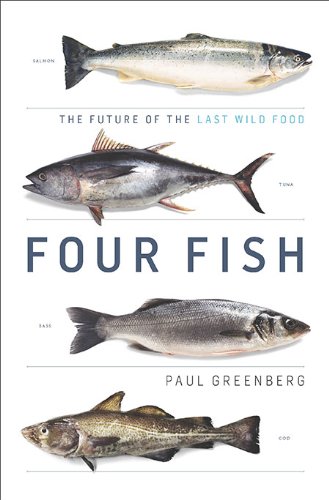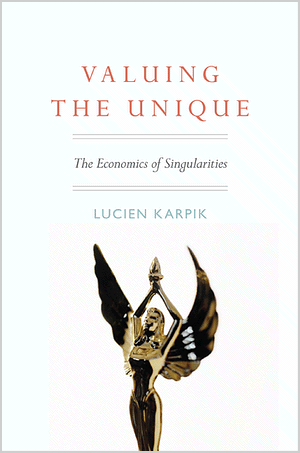MyLanguageExchange.com just maintains lists of people who know certain languages and want to learn others. Anyone can search the database, but only gold members, who pay $24 a year, can send e-mail easily to others.-Learning a Language From an Expert, on the Web
Each person sets up a profile and includes a short description of age, location and what he or she would like to talk about. There is a big demand to practice English, and I found many possible pen pals.
Marie, 40, was born in Spain but lives in France near the Bordeaux region. She wants to improve her English and “perhaps find a job in sales export.” Serge, a Parisian who is retired, studies genealogy and wants to improve his English, Spanish and Swedish.
MyLanguageExchange.com claims it has more than 1.5 million members studying 115 languages.
I find the right partner through what are essentially classified ads. If I wanted to study Luxembourgish, the Germanic tongue of Luxembourg, there were 11 people looking to study English. There are 32 willing people who are fluent in Tswana, a Bantu language generally spoken around Southern Africa, mainly in Botswana. An e-mail or two is all it takes to find a study partner.
Maria, one of 113 people ready to help with Uyghur, which is spoken in western China, says she is also fluent in Mandarin but wants to practice Russian, Hindi and English. It is a big database.
Other similar Language Learning Sites;
Livmmocha
RhinoSpike
RosettaStone.com
GermanPod101.com
ChinesePod.com
Skype Forums
Some sites, like UsingEnglish.com, englishcafe.com and Englishbaby.com, are devoted to helping people practice English but add the elements of sharing photos and interests like a dating service.


















